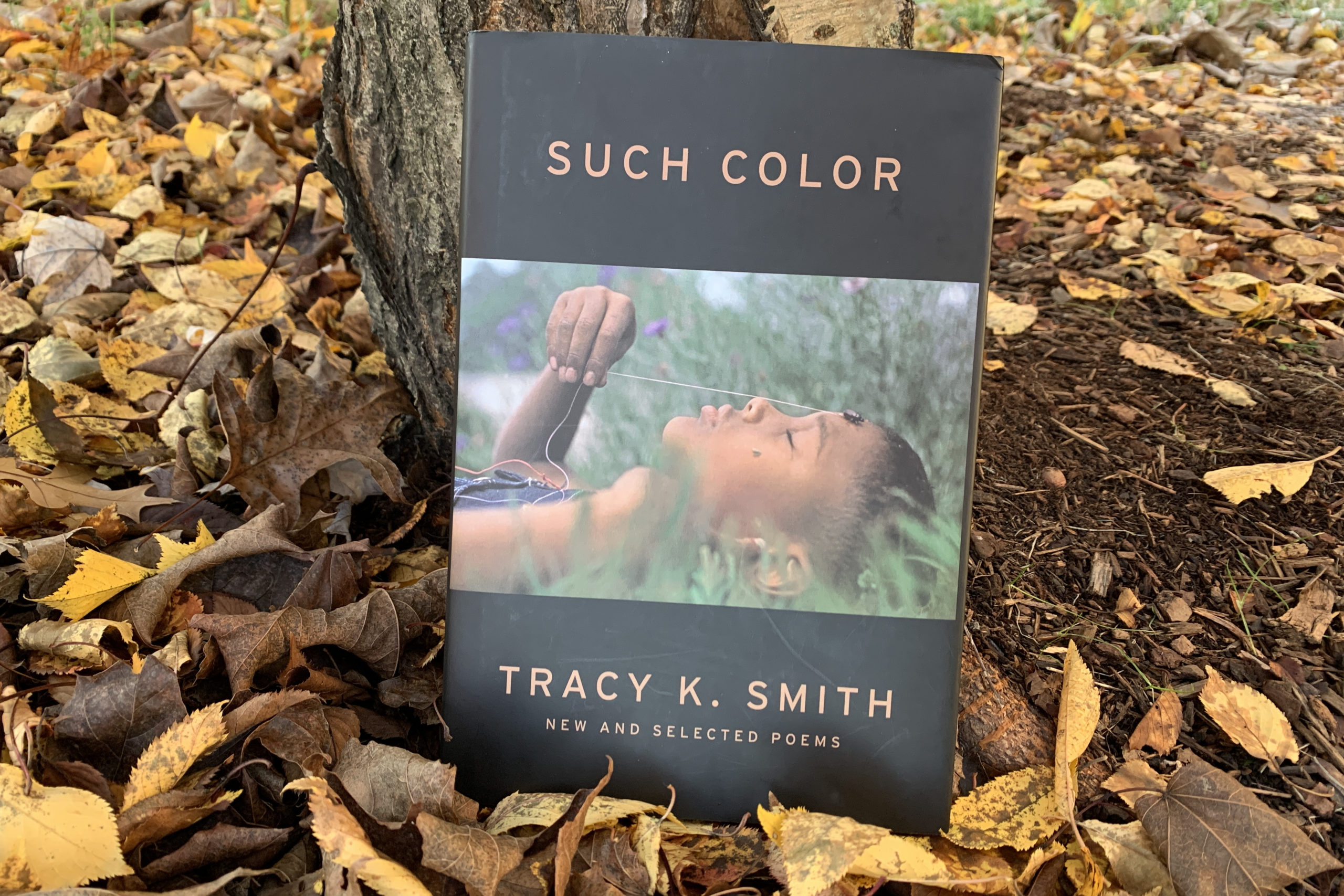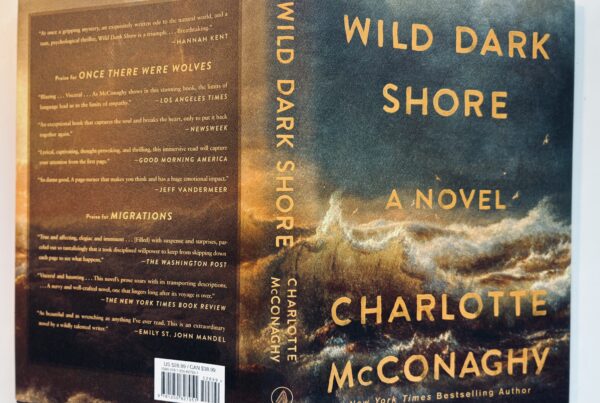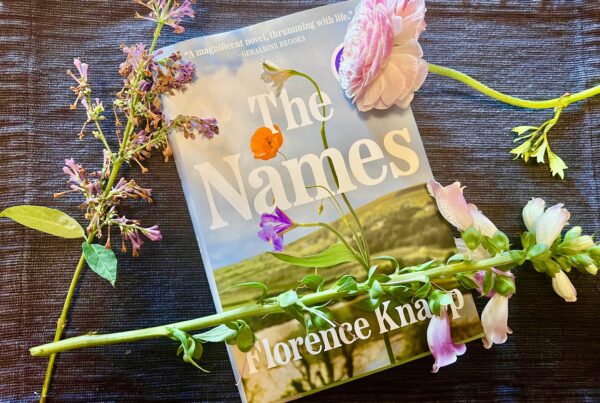For the past three months, I’ve been teaching an honors level course to high school seniors dedicated exclusively to the poet Tracy K. Smith. Put simply, it’s the most fun I’ve ever had in the classroom. Not only are the students extraordinarily bright, engaged, and insightful, but Smith’s work, and her poems in particular, have proven to be an inexhaustible source of impassioned conversation. Smith, who won the Pulitzer Prize for her third poetry collection, Life on Mars, and who served as US Poet Laureate for two terms, is a poet of formidable intelligence and range. She asks the big questions in her poetry: Which metaphors help us understand love, sorrow, longing, the vast and inscrutable universe? Where does empathy begin and end? What happens when we seek humanity in those who have done us harm? What is the space between people? Is God being or pure force?
If you are new to Smith’s poetry, this lovely hardback collection will provide an excellently curated and comprehensive introduction. More than an introduction, really. More like the first several dates, wherein––I’m guessing––you’ll realize somewhere on your head-swirling walk home, Yes, I want this to last. If you’re already on intimate terms with her work, then––in addition to the pleasure of so many of her poems in one place––the last section, Riot, will resonate with you as distinctly Smithian. These 18 new poems largely, poignantly respond to America’s most recent racial reckoning. “We Feel Now a Largeness Coming On,” which I’d read first in the New Yorker, may just be her best poem. She plays throughout the poem with internal and end rhymes, which subtly knock the heart:
We know
not in what source it was begun, but
rapt, we watch it rise through our fallen,
our slain, our millions dragged, chained.
Like daylight setting leaves alight––
green to gold to blinding white.
Smith often references complex concepts, such as uprising or the universe, as “it” or another ambiguous term, while simultaneously rooting them in clear, concrete imagery. This balance, I think, beautifully reflects our own, real experience in the world: We inhabit the world of concrete particulars, with all their familiarity and surprise, but the ineffable continually looms.
Smith’s poetry ranges from the intimate to the frontier, from the raw to the existential. She deftly maneuvers in and out of metaphor, rests comfortably in the ambiguous, and courageously examines our capacity for empathy like no other poet I know. Many of her early poems, and a few of the later ones, explore the experiences of victims, and sometimes perpetrators, from imagined perspectives. It can be an unsettling, humbling experience. In one of my favorites, “Unrest in Baton Rouge,” from her 2018 collection, Wade in the Water, Smith responds to the now famous photograph by Jonathan Bachman of a black woman protesting in Baton Rouge in 2016, following the murder of Alton Sterling. She stands calmly in a gauzy dress, before an onslaught of heavily armored, white police officers. Smith writes:
Is it strange to say love is a language
Few practice, but all, or near all speak?
Even the men in black armor, the ones
Jangling handcuffs and keys, what else
Are they so buffered against, if not love’s blade
Sizing up the heart’s familiar meat?
Our culture today seems almost impervious to this kind of radical imagining. We all––or near all––speak love, but how many of us do the hard work of practicing it? Silencing, ignoring, objectifying: all are easier. But perhaps poetry, and the work of Tracy K. Smith in particular,––where language and metaphor, perspective and paradox reign––can show us the way to a healthier, more nuanced, more conscious relationship with ourselves, with others, and with our world.




